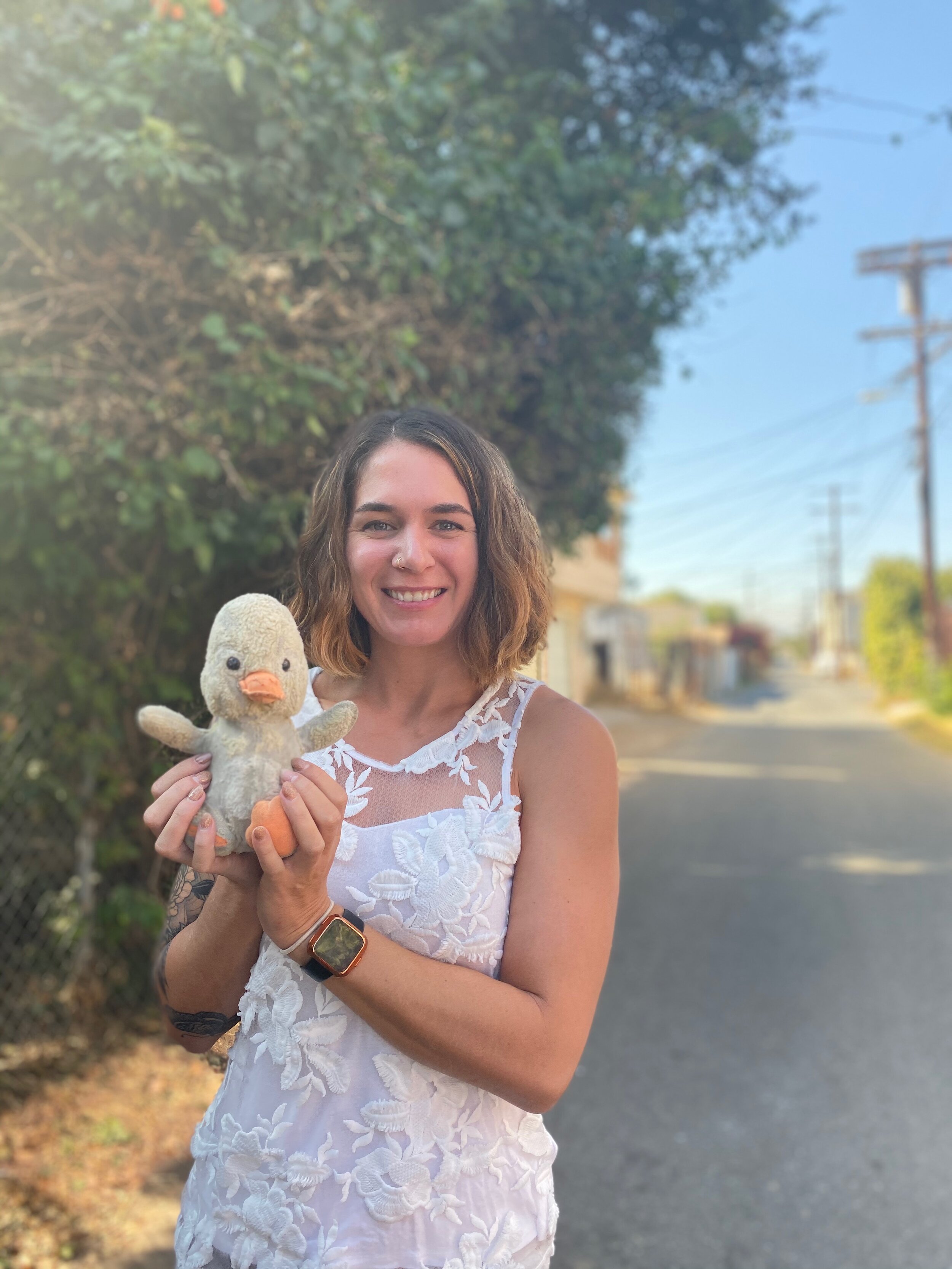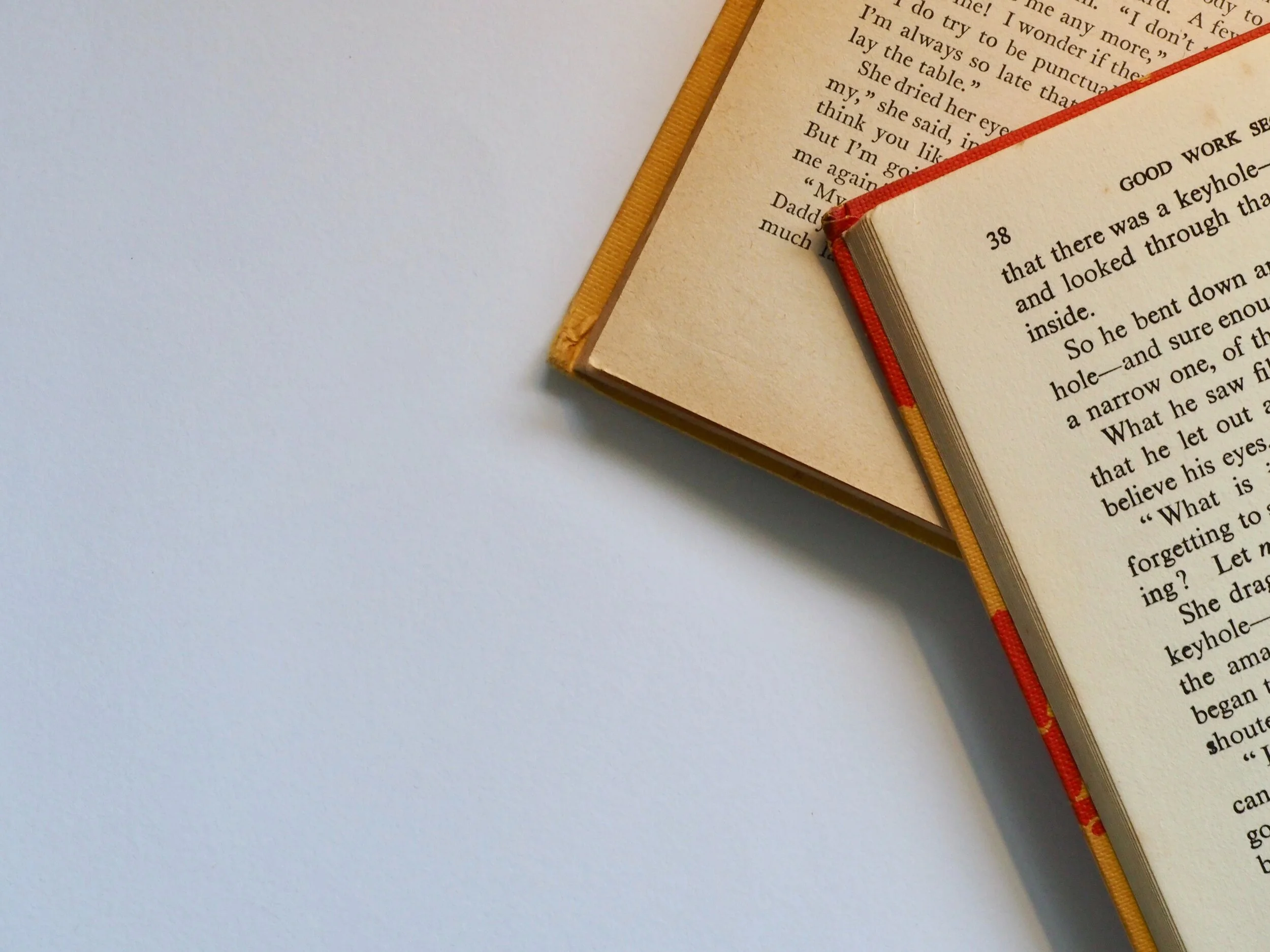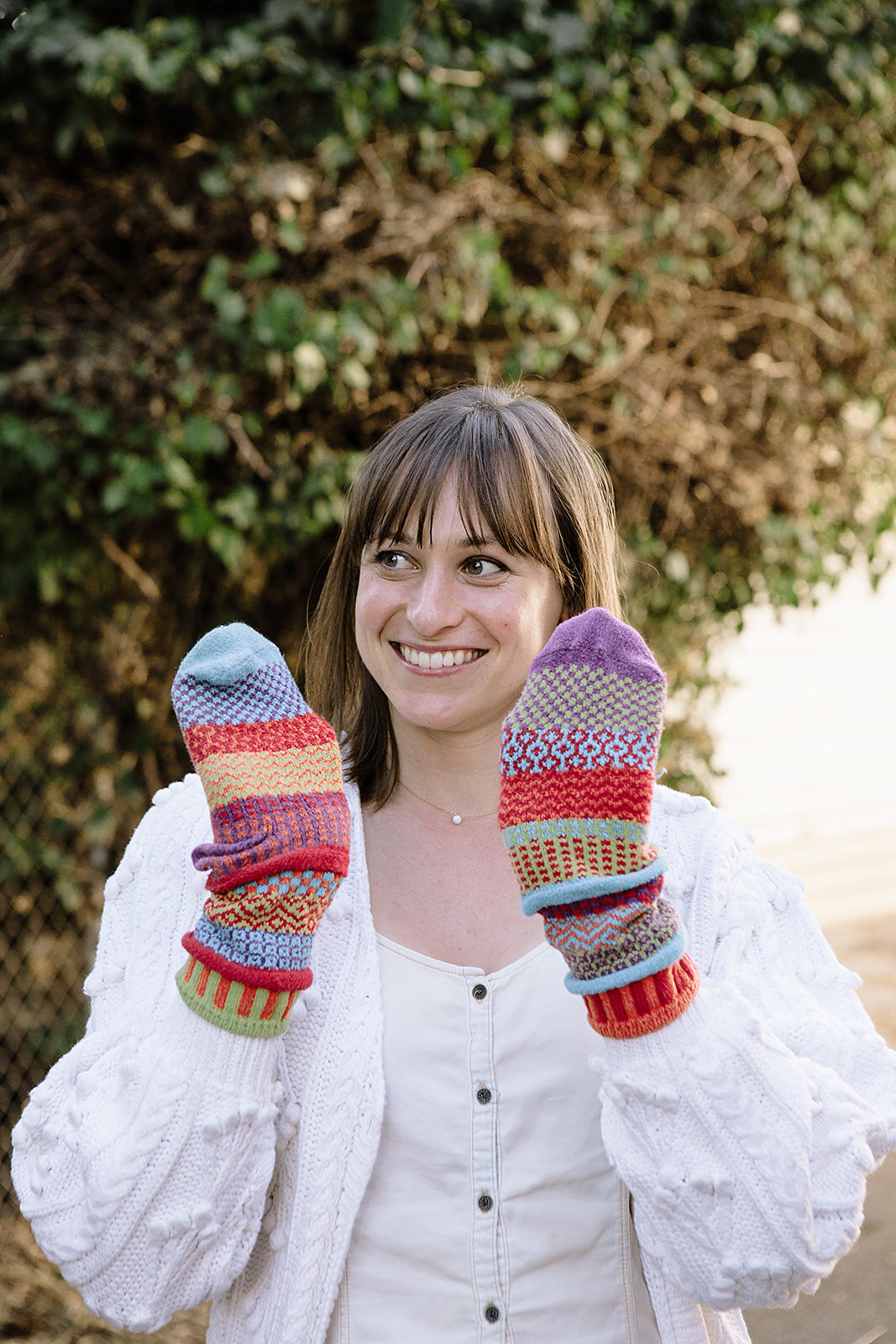This November, MHT is participating in the Miry’s List Friendsgiving Fundraising Drive. The money goes to programs that support refugee families that have been resettled in the United States. In tandem with these efforts, our clinicians are writing posts reflecting on what home means to them.
As I was reflecting back on what Home means to me, I continued to go back to memories of my mother cooking in the kitchen or teaching me how to make one of her specialty dishes. Homemade cooking was a very important thing to her as a Southern woman. This value has been passed down from generation to generation. Both my mother and grandmother (“mamaw”) take pride in their scratch cooking and believe in the merits of working hard to prepare a homemade meal. This value was passed down to me. Home to me means home-cooked meals. Home to me is waking up to the smell of homemade buttermilk biscuits and sausage being cooked for gravy.
One of my mother’s specialty dishes is her gravy and biscuits. This recipe has been passed on from my mamaw. What makes this dish so special is that it is made by hand and from memory. There is no recipe. My mother has always taken pride in her perfectly fluffy biscuits and creamy gravy. She has taught me over the years that the art of perfecting the biscuits is how you lightly handle the dough so that the it stays airy — this is what makes it fluffy. The trick with the gravy is to slowly stir until it is at its perfect consistency. Neither process can be rushed for it to turn out right.
Thinking back on this memory as a child, I think about how much the process of making gravy and biscuits is similar to therapy. If we rush the process of therapy we will not get the result we desire. It can take time to move through the process of understanding ourselves and to remember that taking our time and being mindful is important so that we don't miss an important ingredient.
“Both my mother and grandmother (“mamaw”) take pride in their scratch cooking and believe in the merits of working hard to prepare a homemade meal....Home to me is waking up to the smell of buttermilk biscuits and sausage being cooked for gravy. ”
HERE'S HOW YOU CAN PARTICIPATE IN FRIENDSGIVING WITH US:
Give! Visit our Miry’s List campaign page and make a donation. It's that simple and no sum is too small. Truly.
Follow! Be sure to follow us on Instagram and our blog throughout the month of November. We will be reflecting on what it means to be welcomed, received, and known.
Share! Help us spread the word. You can do this by sharing our social media posts or links to our Miry’s List Friendsgiving Fundraiser page.
******
A little about Miry’s List:
Refugee families come to the United States seeking a safe haven from violence and persecution in their home countries. They leave behind family and friends, as well as virtually everything they own. Many Americans, seeing these families in their communities, wonder: What can I do to help? Miry's List provides a mechanism for people to directly help new arrival refugee families with the things that they need to get started in their new lives – from diapers to beds to cleaning supplies and toiletries. To learn more, visit miryslist.org.
Eryn Lewis, MA, is a Registered Associate Marriage and Family Therapist, IMF #186959, working under the professional supervision of Gabrielle Taylor, PhD, Psy #22054. Eryn works with individuals, couples and families on a broad range of issues including anxiety, depression, parent-child challenges, trauma, sexual abuse, and marital issues.






























